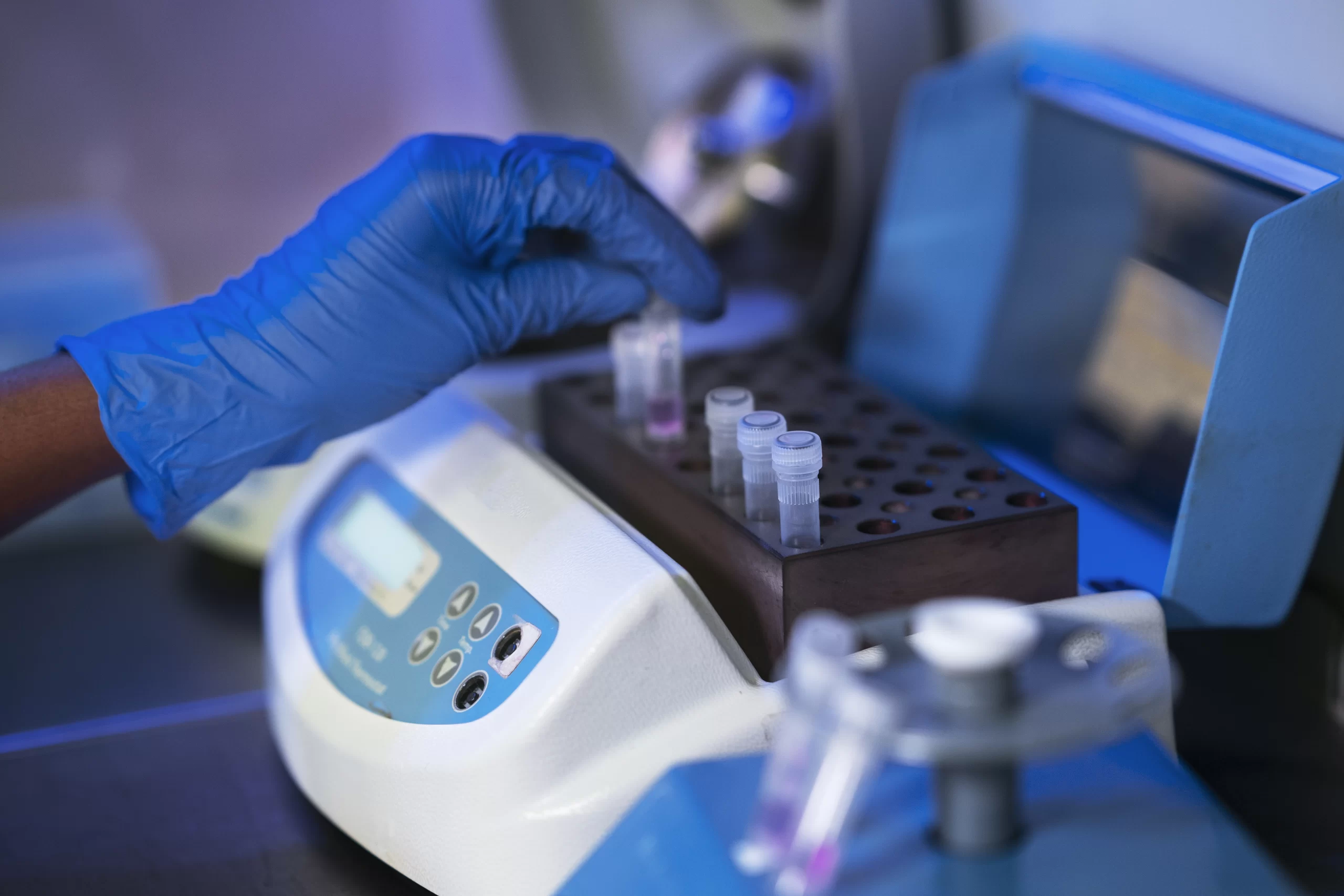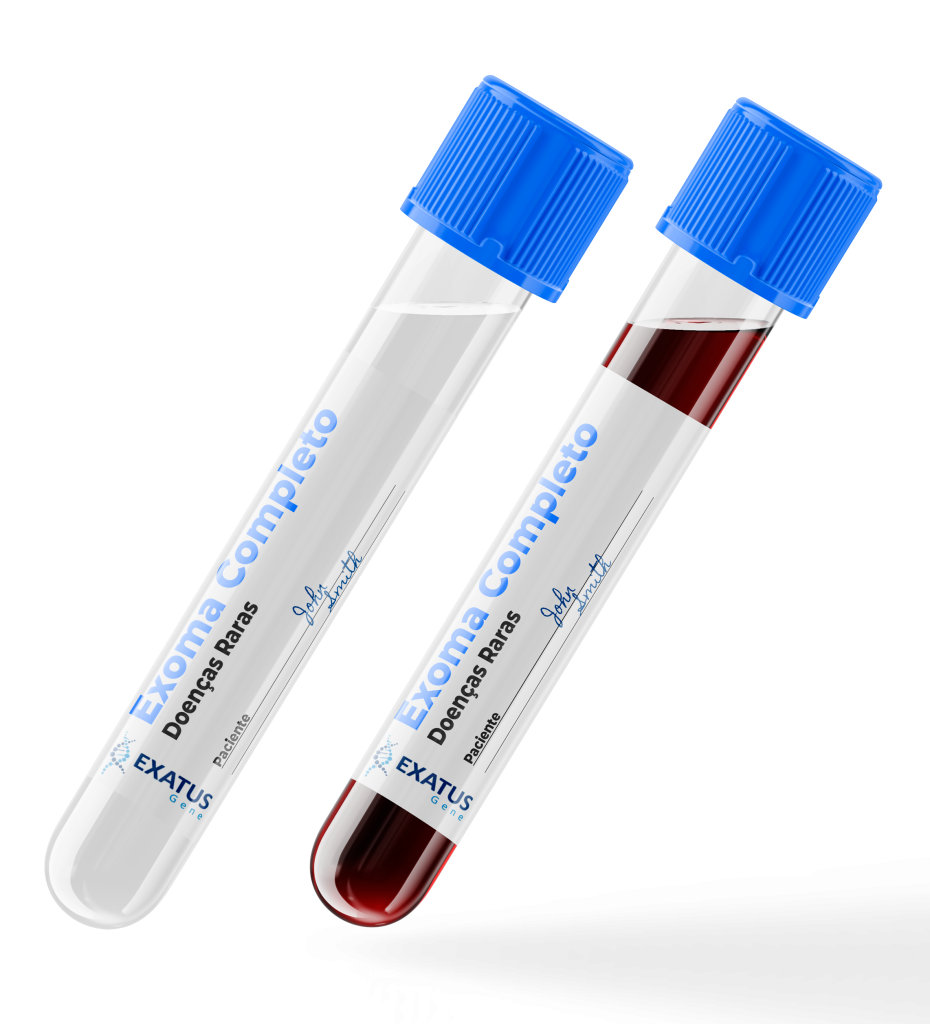
Complete Exome is a comprehensive test that analyzes all coding regions of human genes. This test is primarily used to diagnose rare and hereditary genetic disorders and provides detailed information about genetic variants that may be associated with various clinical conditions.
Studies by the Brazilian Society of Endocrinology and Metabolism show that 80% of rare diseases have a genetic origin, meaning they are inherited from biological parents.
Consider this test in the following cases:
The exome covers approximately 20,000 human genes, focusing on coding regions—responsible for protein production. These regions represent about 1-2% of the genome but are where most disease-causing mutations occur.
The methodology used for this test is as follows:
Blood: No fasting required.
Saliva: 30 minutes of total fasting.
Results available within 35 days.
Medical request (including medical report).

| Type | Description |
|---|---|
| Technique | NGS + (SNV, INDEL, CNV) |
| Accuracy | 99% |
| Variant Reclassification | Free of charge |
| Raw Data | Free – FASTQ, VCF, and BAM |
Note: Request raw data when ordering the test.

Main Office Rua Bento Gonçalves, 59, Room 802 — Centro, Marau, RS — 99150-000
Porto Alegre Office Rua Gomes Jardim, 301 , Room 918/909 — Santana, Porto Alegre, RS — 90620-130